There’s no shortage of tech tools out there promising to boost your productivity, but not all are widely available, affordable, useful, or easy to learn. This guide highlights free or freemium tools approved by TU librarians to support your academic work and student life. We’ve grouped tools by the kind of task you’re tackling—like reviewing for exams, managing group projects, or staying focused—so you can jump right to what you need. You’re not alone, either: Librarians and others in the Academic Commons are eager to help you choose the right tools and combine them into a strategy that works for your learning preferences, coursework, and goals.
While this guide focuses on everyday academic tools, you might also benefit from these related resources and support services that complement your technology needs.
Doing research or preparing to publish a paper? Visit our Research Tech guide for help with data analysis, author profiles, literature reviews, and more.
Curious about using AI in your academic work? Check out our Thinking Through Gen AI guide for advice on when it works best, tutorials on top tools, and academic integrity considerations.
Get tech help through multiple channels at the Technology Support Desk, formerly Student Computing Services, located in the Academic Commons:
Remember: The best tool is the one you'll actually use consistently. Start simple and build your skills over time!
But it’s also okay to say no to a tool.
Maybe a required app feels invasive of your privacy. Maybe a platform doesn't work with your assistive technology. Maybe you're concerned about how a company treats workers or handles data. These are all valid reasons to speak up.
If you're uncomfortable with a technology your professor recommends or requires:
Your concerns matter, and they may change over time or differ from your classmates—that's completely normal. Technology isn't neutral, and neither is refusing to use it.
Want to learn more about critical approaches to educational technology? These thinkers and organizations offer thoughtful perspectives on privacy, equity, and power in EdTech:
